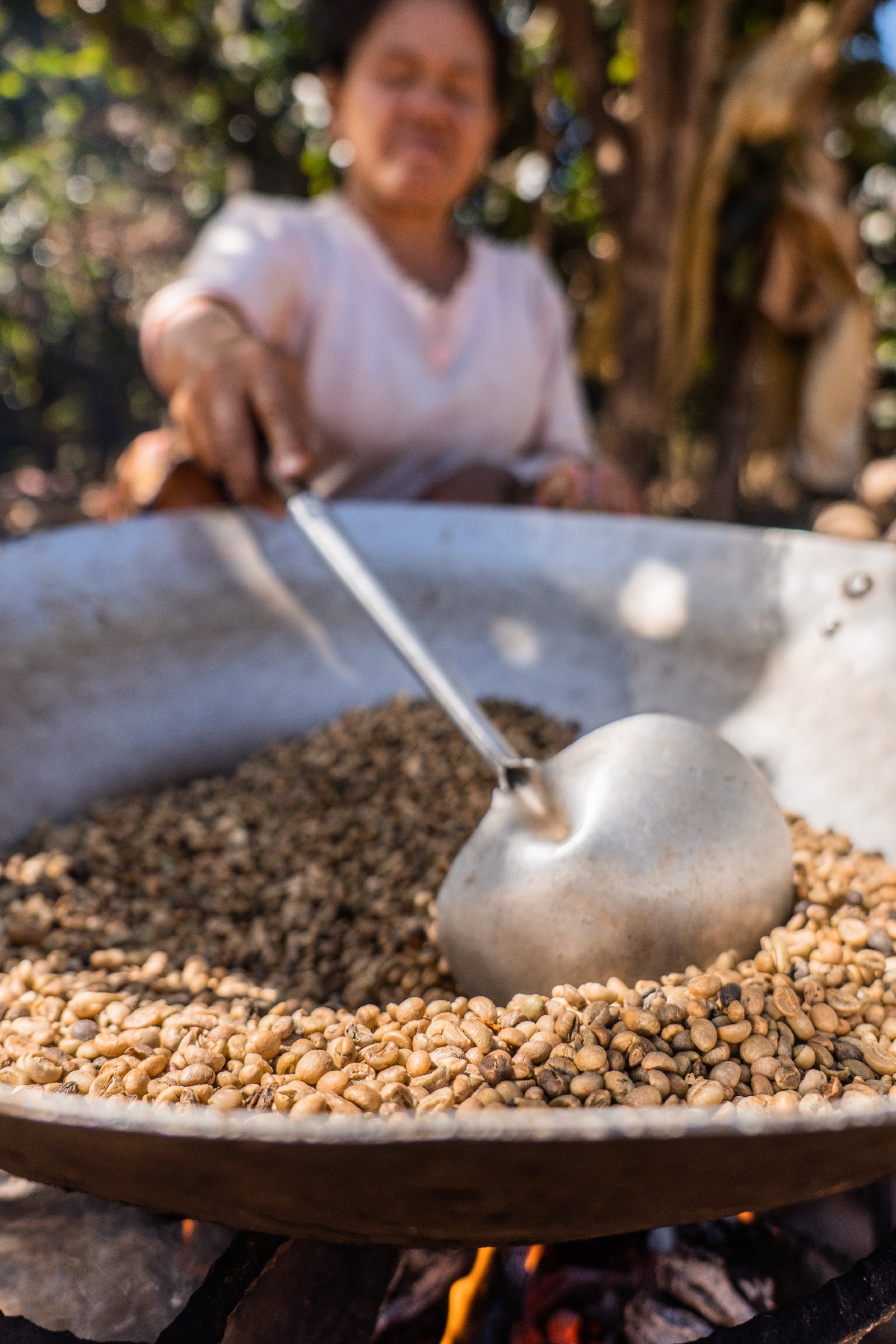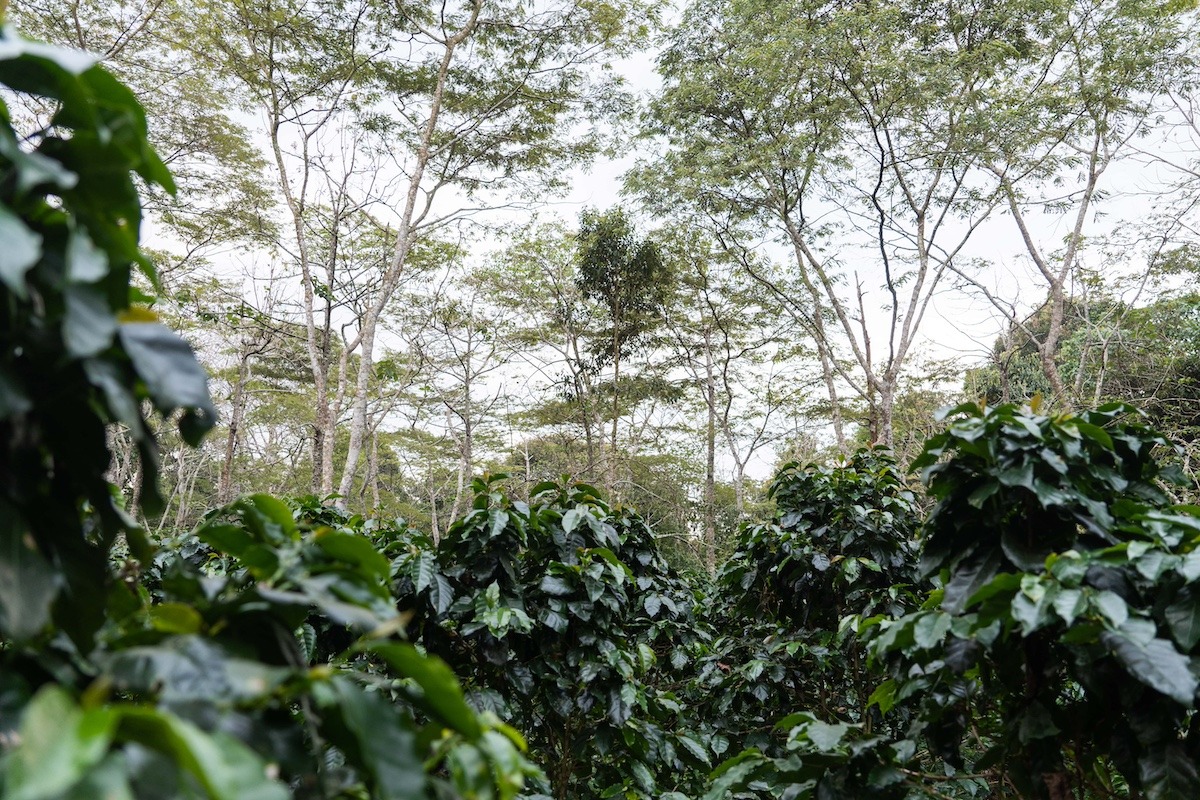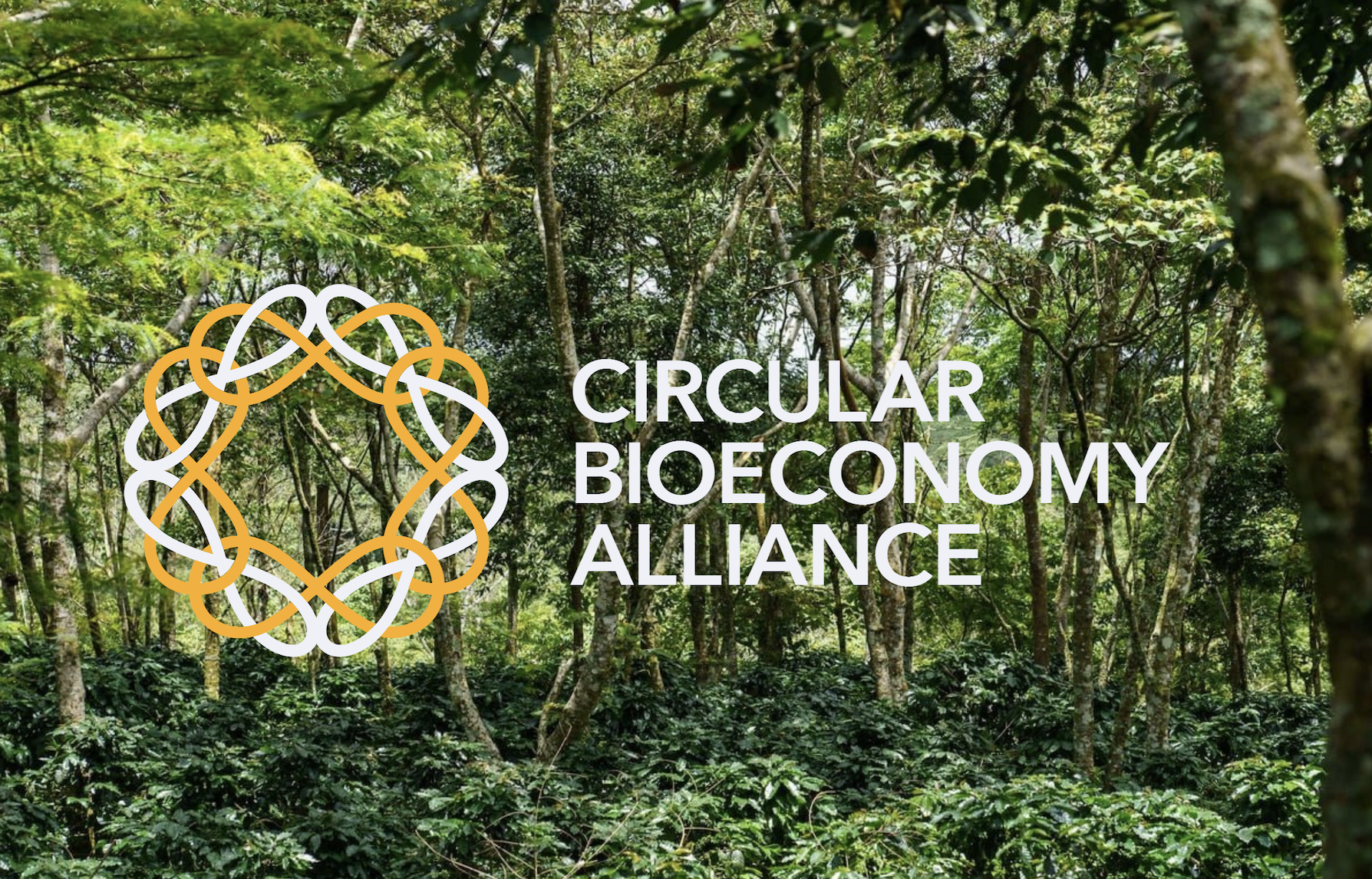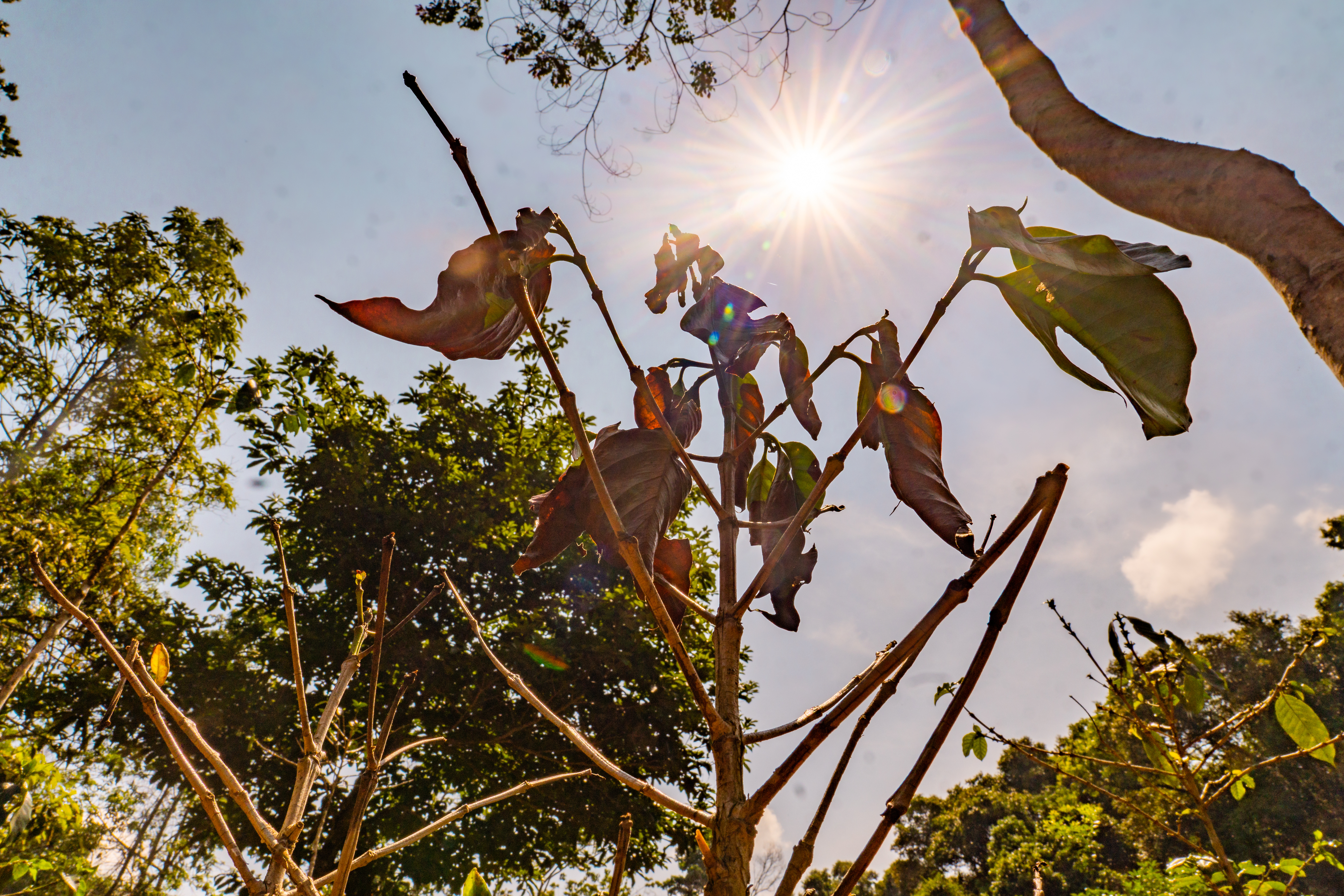Slow acquires African Coffee Roasters – A New Era for Sustainable Coffee
Big news from Slow. African Coffee Roasters is now part of the Slow family. And this isn’t just an acquisition—it’s a major step forward in how...
Jul 23, 2024 - 2 min read
Broadly defined as the variety of all living things on Earth, biodiversity matters. We rely on it for food and energy, and we depend on its irreplaceable role in sustaining air quality, providing fresh water and soil, and regulating climate.
And yet biodiversity is declining at a faster rate than ever before in human history. One million species, between 12 percent and 20 percent of estimated total species, marine and terrestrial alike, are under threat of extinction.
Now, let's talk about coffee. Everyone loving their coffee more than ever. That delicious coffee relies on a hidden world of busy creatures - insects, worms and other tiny allies - that keep the coffee ecosystem thriving. But the way we're growing coffee is changing the tune.
Focus has shifted to getting the most beans out in a short time. Sounds good? Well, not quite. This quick fix disrupts nature's balance, especially in coffee regions.


Slow coffee farm in Laos with a shade cover that provides important habitat for migratory and resident birds in tropical landscapes © Slow/Saosavanth Ketmala
Traceability. Just like knowing where your food comes from, tracking coffee beans from farm to cup is important.
Traceability allows us to see if the coffee is shade-grown or uses methods that protect a variety of life. Think of it like knowing your vegetables were grown on a farm that promotes healthy soil and pollinators – but for the tiny creatures that help your coffee thrive.
With traceability, you can choose coffee that supports sustainable practices that benefit biodiversity.
Supporting farmers, helping the forest. Imagine lush forests surrounding coffee farms, alive with the sounds of birds and the buzz of bees.
Landscape management helps achieve this by encouraging practices that benefit the ecosystem. But farmers need a reason to adopt these methods.
Similar to how other industries reward sustainable practices, coffee farmers need incentives like fair prices or help to switch to shade-grown coffee or improve their soil health. By supporting them, we support both biodiversity and their livelihoods.
Collaboration. A delicious cup of coffee is a result of teamwork. It involves everyone, from the farmers who grow the beans to the roasters who craft the perfect cup and the cafes that sell it to you. We all have a role to play.
Farmers need support in adopting biodiversity-friendly practices. Roasters need to source beans that are grown with these practices in mind. And consumers need to be aware that their choices matter.
By working together, we can ensure a future where both coffee and biodiversity flourish. So next time you grab a cup, remember these three areas and choose options that support a coffee experience that's good for you and the planet's incredible variety of life.

Big news from Slow. African Coffee Roasters is now part of the Slow family. And this isn’t just an acquisition—it’s a major step forward in how...

A few years ago, coffee and chocolate were just products. But at Slow, we’re changing the story. We’re not just selling beans and cocoa, we’re...

For years, coffee prices moved with supply, demand, and speculation. That equation has changed.